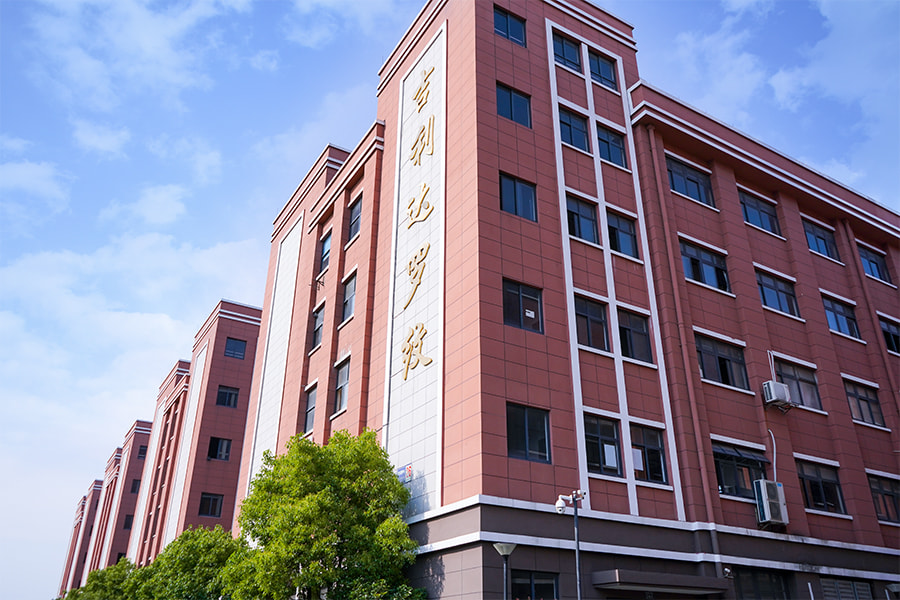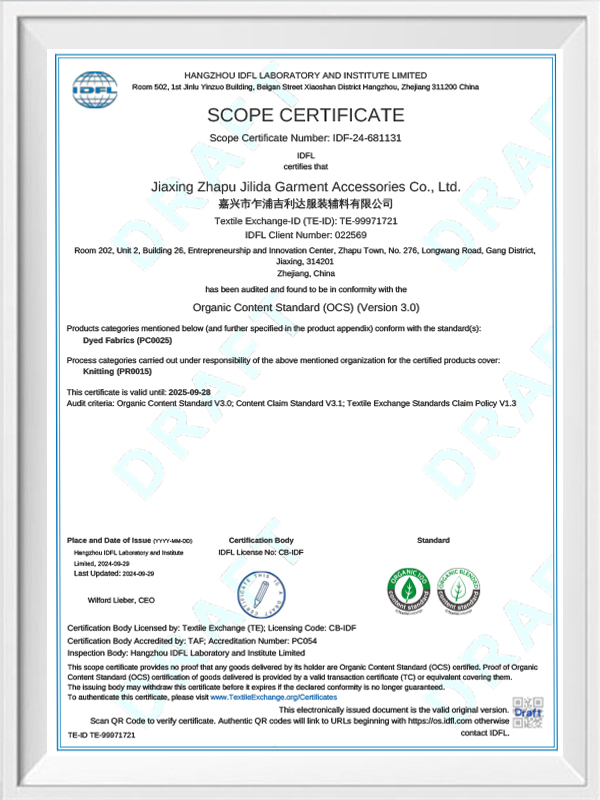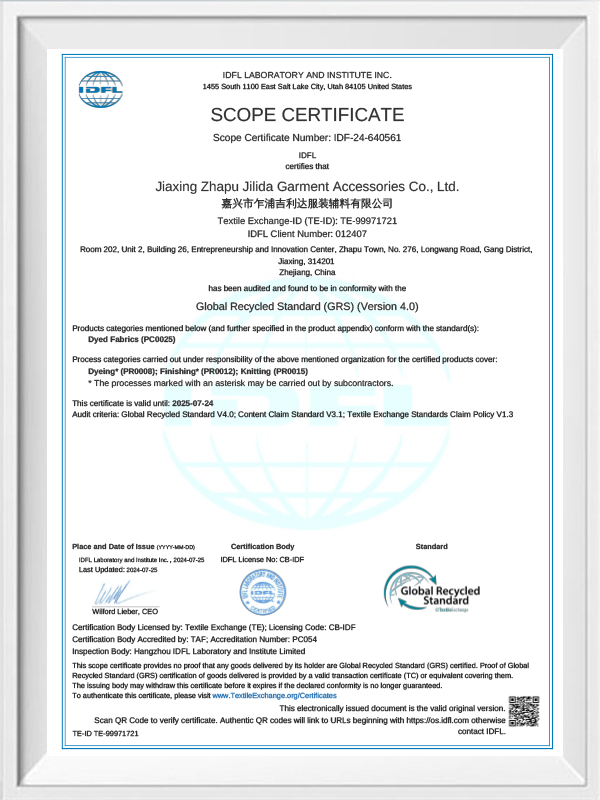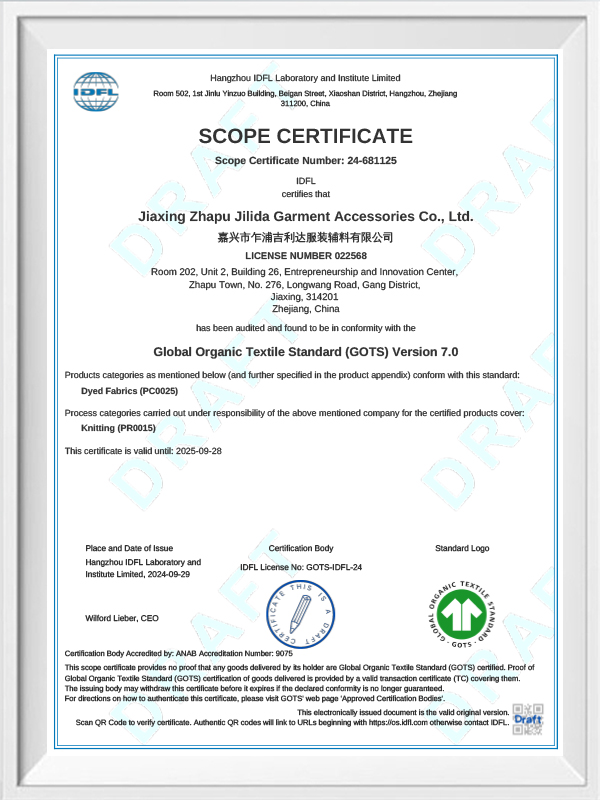How to determine the specifications of polyester raw materials (such as yarn count, fiber length, etc.) to meet the requirements of elasticity, strength, and wear resistance of ribbed fabrics?
In the textile industry, polyester, as a widely used synthetic fiber, is often used to produce various knitted fabrics, especially ribbed fabrics, due to its excellent physical properties, chemical stability and cost-effectiveness. Rib fabrics are widely used in clothing, underwear, sportswear and other fields with their unique texture structure. In order to ensure that ribbed fabrics can meet specific elasticity, strength and wear resistance requirements, it is crucial to choose the right polyester raw material specifications.
1. Selection of yarn count
Yarn count is a unit to measure the thickness of yarn, which directly affects the density, feel and performance of the fabric. For ribbed fabrics, higher yarn count means finer fibers, more delicate and soft fabrics, and may improve the elastic recovery and wear resistance of the fabric, but may also sacrifice some strength. On the contrary, fabrics woven with low yarn count yarns are rougher and have higher strength, but the elasticity may be reduced, and the wear resistance may also be affected by the coarse fibers.
Elasticity requirements: In order to obtain good elasticity, medium to high yarn count polyester yarns are usually selected, because fine fibers can bend and recover better to adapt to the movement of the body.
Strength requirements: If the polyester rib knit fabric needs to withstand greater tension, low yarn count polyester yarns can be considered to increase the overall strength of the fabric.
Wear resistance: High yarn count polyester yarns have a small contact area between fibers and are not easy to pilling during friction. The wear resistance is relatively good, but it also needs to be combined with post-treatment processes (such as anti-pilling treatment) to further improve.
2. Consideration of fiber length
The length of polyester fibers also has a significant effect on the performance of the fabric. Filament polyester (such as FDY, DTY) has a continuous long fiber structure, which gives the fabric good strength and uniformity, and is suitable for the production of ribbed fabrics with high elasticity and high strength requirements. Staple fiber polyester (such as POY cut yarn) increases the fluffiness and warmth of the fabric due to the intertwining of fibers, and can also improve wear resistance through blending.
Elasticity: Filament polyester can better maintain shape memory due to its continuous fiber structure and is suitable for making high-elastic ribbed fabrics.
Strength: Whether it is filament or staple fiber, the strength of polyester is higher than that of natural fiber, but filament polyester is better in strength uniformity.
Abrasion resistance: Staple fiber polyester improves the wear resistance of the fabric through friction locking between fibers, especially when blended.
3. Other factors
In addition to yarn count and fiber length, the selection of polyester raw materials also needs to consider its cross-sectional shape (such as special-shaped cross-sectional fibers can improve gloss and elasticity), additives (such as functional additives such as UV resistance and antibacterial) and post-processing processes (such as stretching and shaping, soft finishing, etc.), all of which can affect the final performance of ribbed fabrics to a certain extent.
As Jiashan Zhapu Jilida Clothing Accessories Co., Ltd., which has rich experience in product development and production, we are well aware of the importance of polyester raw material specifications to the performance of ribbed fabrics. In cooperation with international first-line brands such as A&F, H&M, and Uniqlo, we continue to explore and optimize the selection and ratio of polyester raw materials, combined with advanced production processes and technological innovations to ensure that each rib fabric can accurately meet customers' needs for elasticity, strength, and wear resistance. Our professional team will tailor the specifications of polyester raw materials according to specific application scenarios and customer needs, ensure product quality from the source, and help customers gain competitive advantages in the global market. Through continuous technological innovation and quality improvement, Jilida not only occupies a place in the domestic market, but also exports high-quality products overseas, winning wide international recognition.

 English
English Español
Español










